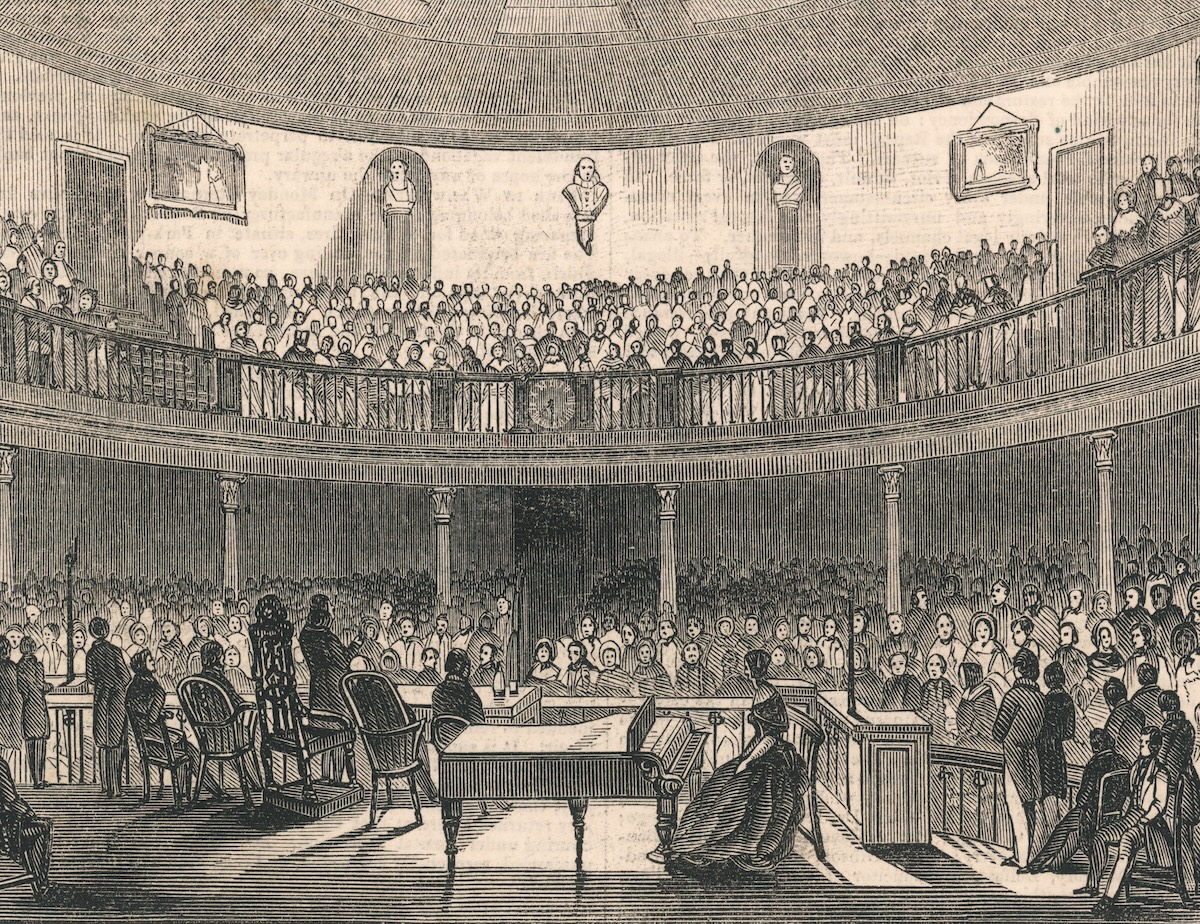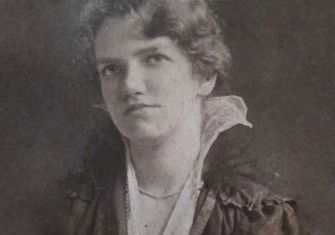The Extraordinary Rise and Inexplicable Decline of Lit & Phils
The Literary and Philosophical Society was once ubiquitous, allowing minds to meet and views to collide. Their disappearance has left more questions than answers.

It might be difficult for today’s undergraduate students to believe, but attending lectures was once a popular activity. In 19th-century Britain a good lecturer could draw crowds of dozens, even hundreds, of people to hear disquisitions on all manner of topics, from the anatomy of whales to the genius of William Shakespeare. One of the most important venues for these lectures was the local ‘Lit & Phil’. The sobriquet is short for ‘Literary and Philosophical Society’, a particular strain of the once-ubiquitous trend in lecturing, listening and learning within localised, amateur communities of knowledge. By the 1840s these were more often called ‘Literary and Scientific Institutions’, but ‘Lit & Phil’ is a name that slips off the tongue – even if it does not do much justice to the thing it is intended to describe.







![‘Scientific Researches! New Discoveries in Pneumaticks! [sic] or an Experimental Lecture on the Powers of Air, May 23, 1802’, by James Gillray. Minneapolis Institute of Art. Public Domain.](/sites/default/files/styles/teaser_list/public/2025-03/lecture_history_today_0.jpg?itok=mHN_obPV)